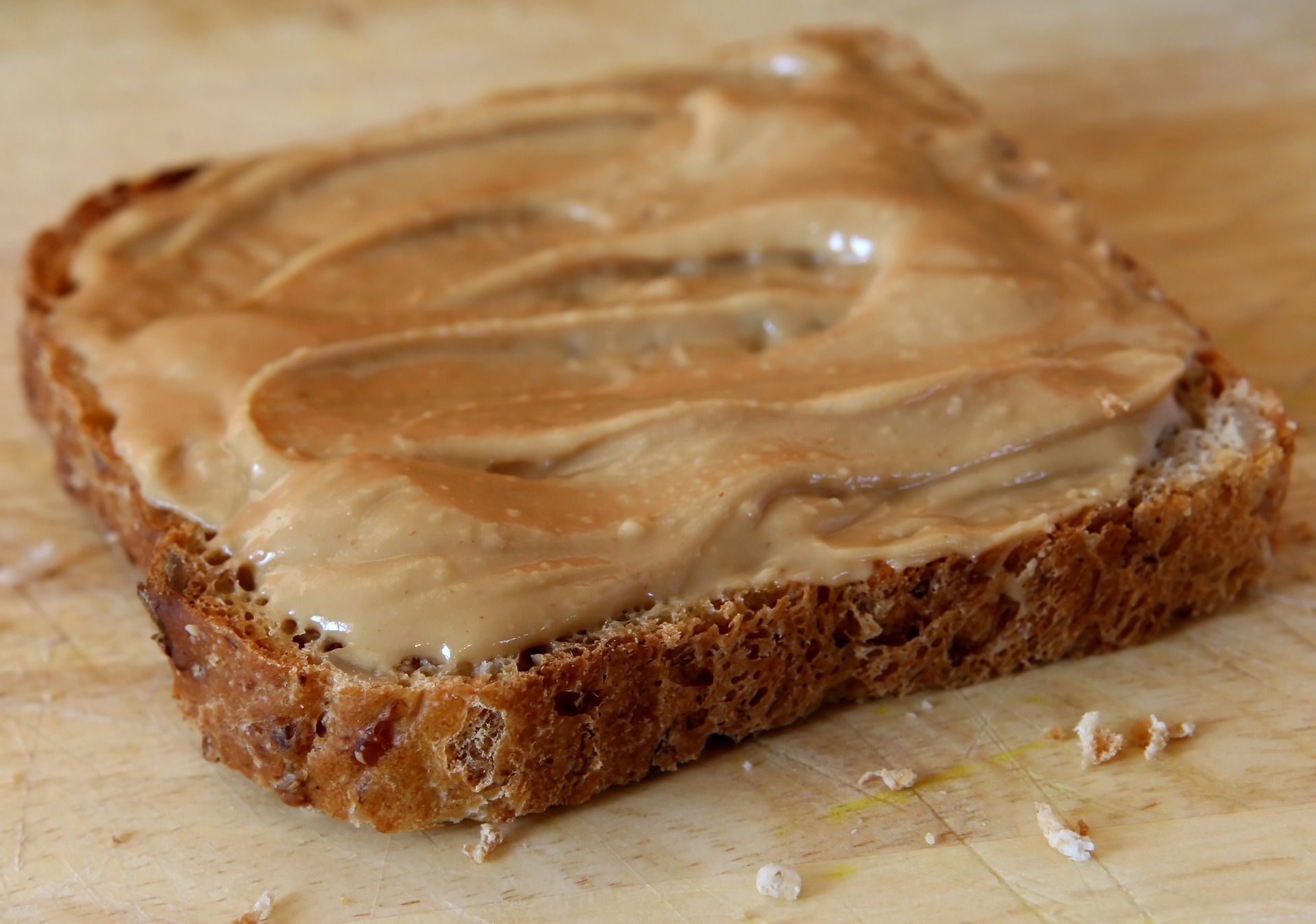The poorer the quality of the diet, the greater the chances an unborn child will be carried to term and live through birth after being conceived through in-vitro fertilisation (IVF). That is the remarkable conclusion of a study conducted by Janine Faessen, a doctoral candidate in Human Nutrition and Health. ‘We were dumbfounded by the outcome of these analyses.’
Data from a Groningen research cohort were used to assess whether the chances of a successful pregnancy in women undergoing in-vitro fertilisation improve with a higher-quality diet. The quality of the diet is measured according to the percentage of compliance with the Health Council’s 2015 guidelines for a healthy diet. The expected results were that this would lead to increased chances of successful pregnancy, as individual product groups such as whole-wheat grain, polyunsaturated fatty acids, proteins and iron and folic acid supplements increase fertility in women. The results of Faessen’s study show exactly the opposite. How is that possible? And how do you, as a researcher, respond to such findings? Ignore the outcome? Faessen: ‘It is important to also share results that contravene our expectations. That is why we published them.’
Power of evidence
‘However, that does not mean we immediately assume this is true’, she adds. ‘It confirms that our nutrition research is complex. Nutrition is part of one’s lifestyle, in which many factors are interlinked. Exercise, for example, but also factors such as stress and relaxation, sleep, and even a sense of purpose. Moreover, nutrition research leans heavily on observation, with researchers monitoring a group of subjects -healthy or sharing the same ailment or disability- over a period of time. Researchers then attempt to extract information from the gathered data using statistics. In terms of evidence, this is a less solid method than, for example, testing medication versus a placebo. In nutrition research, additional studies are always needed to confirm suspicions.’
The couples in the study underwent MNC-IVF, a type of in-vitro fertilisation in which the woman is administered fewer stimulating hormones than in traditional IVF. ‘That results in a process more akin to natural conception, making the results more relevant for a larger group of couples wishing to achieve pregnancy’, Faessen states. ‘Nevertheless, administered hormones disrupt the body’s equilibrium. The more doctors manipulate, the more difficult measuring the effect of just nutrition on fertility chances becomes. You may question how great a role nutrition plays in a body packed with artificial hormones.’
What then?
Factors related to the prospective fathers may also weigh in. Faessen: ‘The man has a fifty per cent share in the pregnancy. The quality of the semen and the partners’ diet are also relevant. As a nutritional scientist, I am also interested in looking further back at the diet of the women prior to the start of their treatments.’
‘These results have prompted many new ideas’, the PhD candidate states. She is currently working on an app with nutritional advice for pregnant women and new mothers. ‘During pregnancy, there is a strong focus on food safety and, thus, on what to avoid. We want to focus on a healthy diet and what you should eat, including in the period leading up to pregnancy.’

 Janine Faessen investigated whether a better diet improves pregnancy chances in women undergoing in-vitro fertilisation (IVF). Photo Shutterstock
Janine Faessen investigated whether a better diet improves pregnancy chances in women undergoing in-vitro fertilisation (IVF). Photo Shutterstock 

